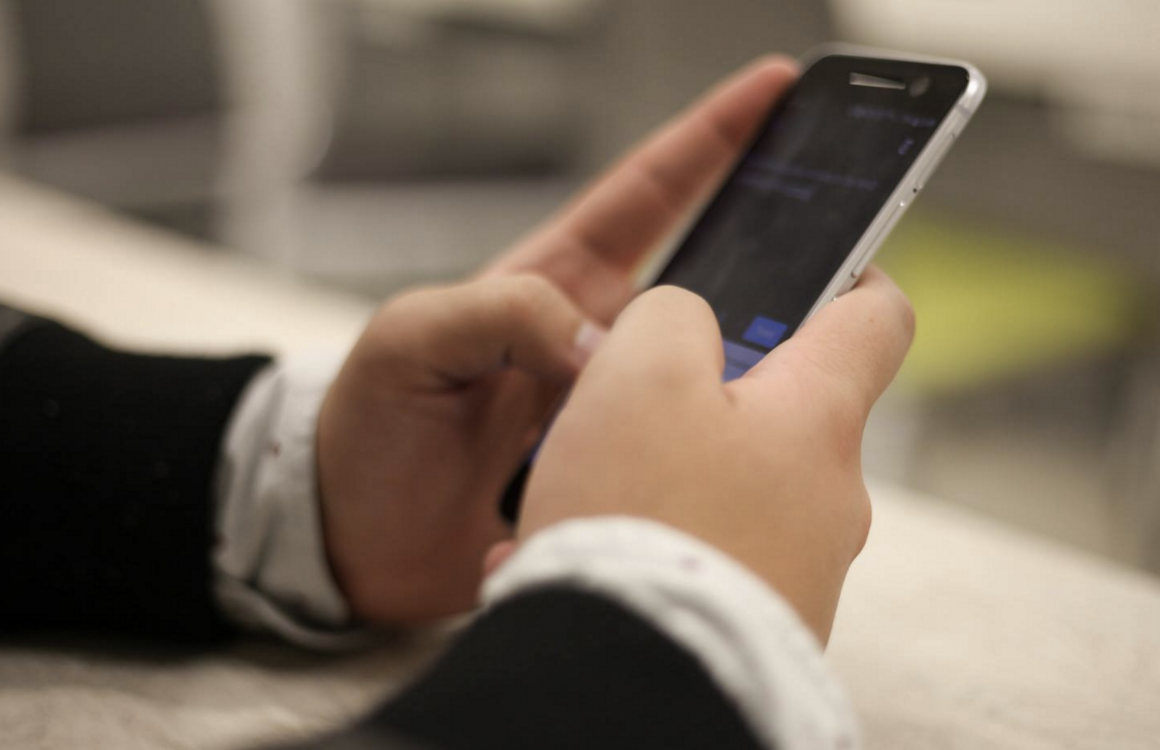
Inconsistent classroom cell phone guidelines cause student confusion
By Matty Hume, January 23 2019 —
The beginning of the winter semester at the University of Calgary brought anecdotal confusion among undergraduates regarding a potential new policy banning the use of cell phones in lectures. According to the U of C, this is not the case. But students may still want to think twice before they use their phones in class this semester.
In some course outlines, a policy states that students could face serious repercussions if students use electronic devices without permission from their instructor.
“You can assume that in all classes that you attend, your cell phone should be turned off unless instructed otherwise,” reads the syllabus for CMMB 413. “Also, communication with other individuals, via laptop computers, Blackberries or other devices connectable to the internet is not allowed in class time unless specifically permitted by the instructor. If you violate this policy you may be asked to leave the classroom. Repeated abuse may result in a charge of misconduct.”
However, such a statement isn’t present in all course outlines. For example, in the POLI 397 course syllabus, there is no mention of technology apart from regulations on recording lectures. In contrast, the POLI 381 syllabus states, “Please be considerate of others and switch off all cell phones when you enter the classroom.”
Some upper-level course syllabuses include more concise language. The ENGL 509 syllabus states clearly, “Please turn off all cell phones during class,” while the AFST 501 syllabus includes, “The use of cell phones is not allowed during lectures.”
In a statement attributed to the U of C’s vice-president student experience Susan Barker, the university acknowledges that classroom expectations are stipulated by professors. If students are concerned regarding the use of cell phones in their own classes, discuss the classroom-specific policy with the instructor directly, according to Barker.
“Instructors are the managers of behaviours in classes as they are the ones responsible for creating a positive learning experience for all,” Barker said. “To do this they will set expectations and parameters, typically the parameters for the class are listed on the course outline but could be verbally articulated. This may include cell phones, late arrivals etc. If students are unsure they should check with their instructor.”
